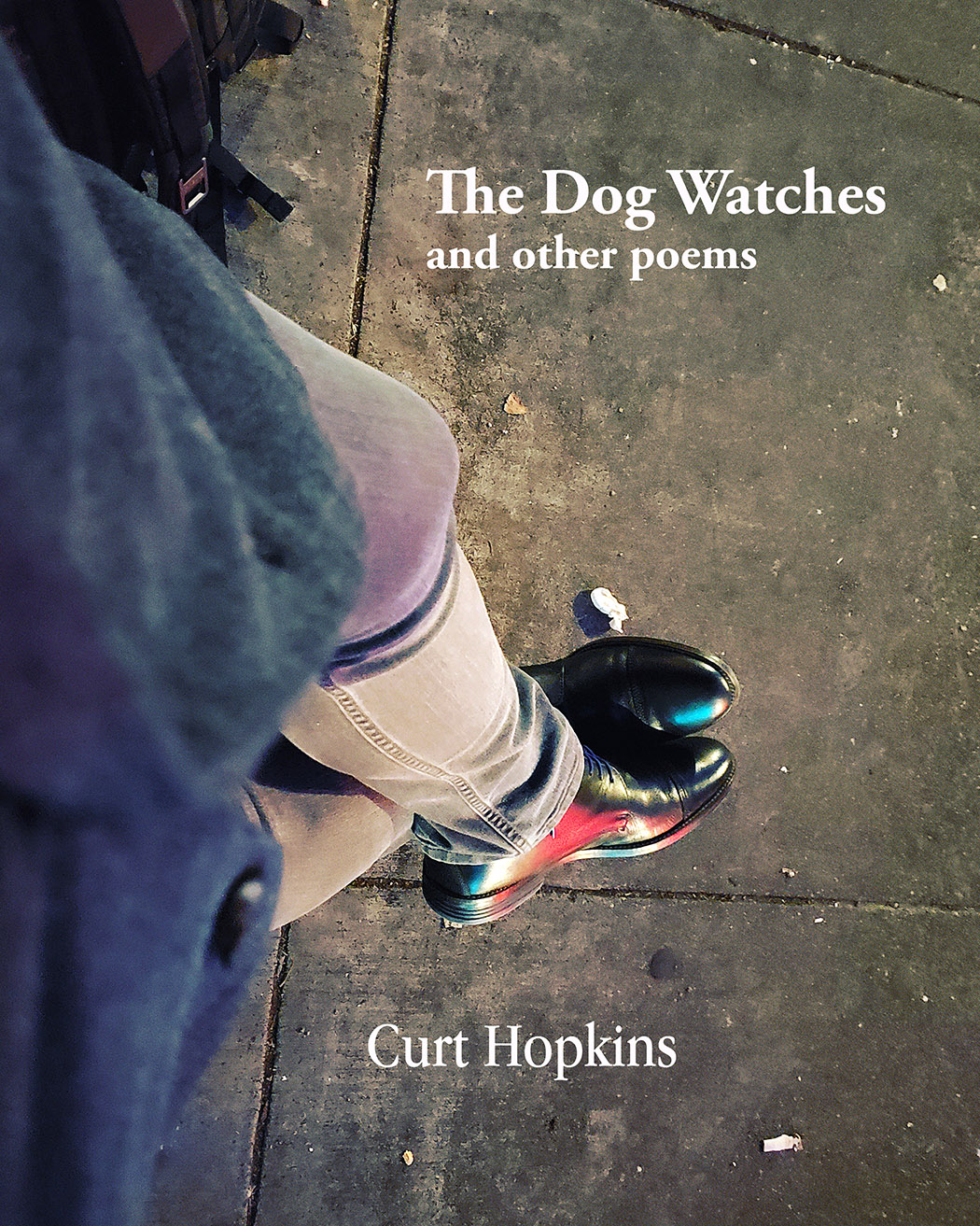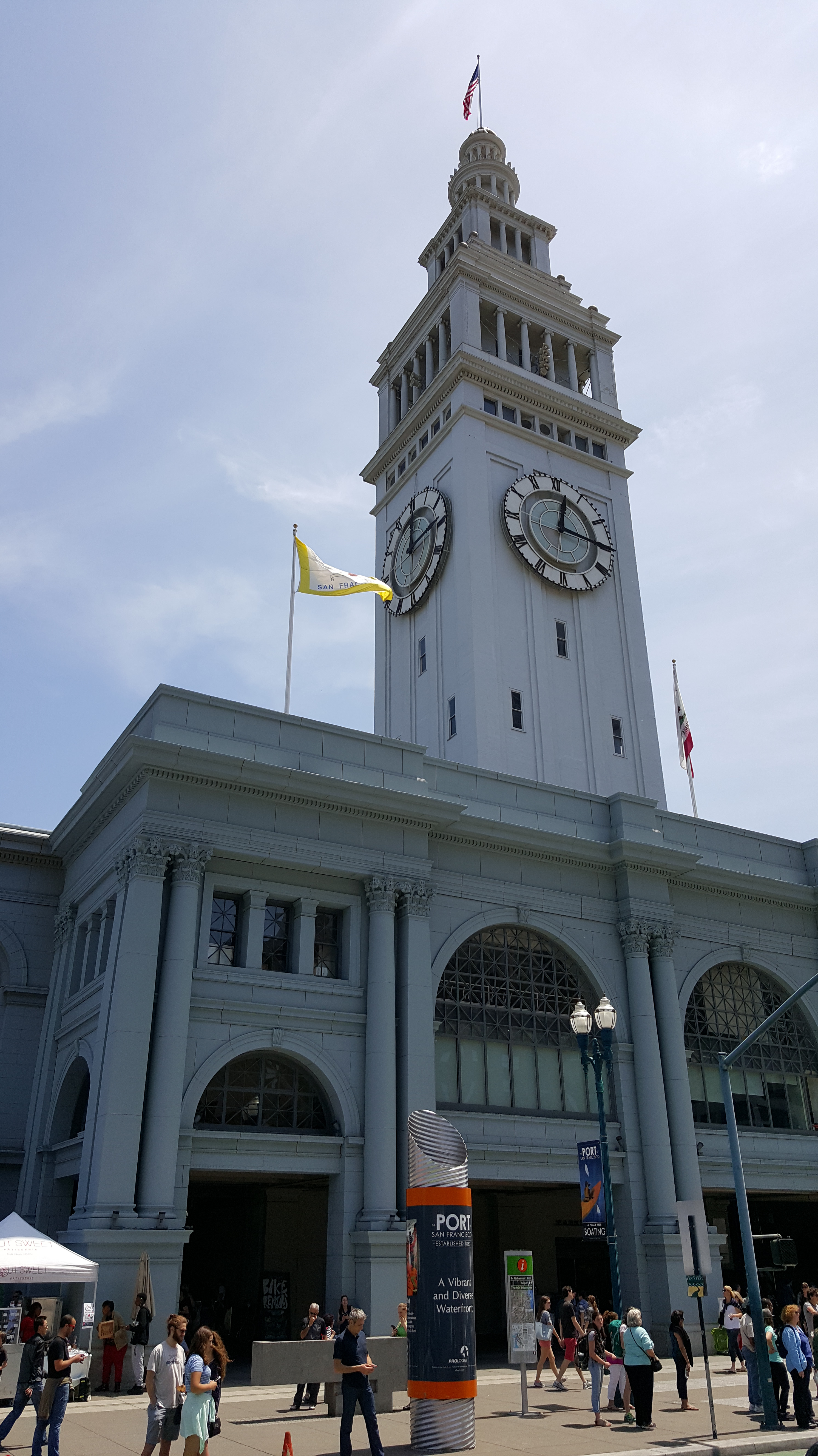
Neologisms and other changes are part of the way language evolves. But when such changes reduce your power of expression, your ability to communicate nuance, they should not be considered inevitable but should instead be resisted as linguistic rubbish.
There are three types of such waste that I’ve identified: trash words, garbage grammar, and hijacked slang.
Trash words
The monarch of trash words is “impact,” which reduces effect, affect, impression, influence, and more into one cartoonish, caveman word. Impact doesn’t just shrink the speaker’s option for nouns. Thanks to an amalgam of ignorance and pretension, we have “impactful” instead of important or influential. We have impacting, impactfulization, and even — as God is my witness– “impactfulizationality.” (OK, I made that last one up. But for just a moment you thought it was real.)
A metropolitan weekly quoted a source as saying, “It is very impacting on your emotional health, your state of mind, when you can’t even leave your boat for fear that it’s going to be taken and crushed.” A recent story on extreme weather included the following statement. “(T)he temperatures are expected to be more intense and impactful…” In most cases, “impact” is not incomprehensible, it’s just less useful than the words it replaces. In this case, there is literally no telling what the word was supposed to mean.
Other examples of trash words include using “blog” for “post,” the equivalent of conflating library and book or restaurant and meal. Saying, “We should write a blog about that” is like saying “I watched a movie theatre about World War II.” Others include “weather event” instead of storm, “ask” instead of request, and “superfood,” a term concocted by the United Fruit company to sell bananas, for any number of phrases, such as “healthy food” or “food.”
To increase vocabulary is to work for the ability to understand the world in a deeper fashion. Uncritically accepting trash words contributes to the creation of a language that does not describe reality, something out of Orwell’s 1984, or out of the last presidential administration.
Garbage grammar
One of the articles of faith for the growing hordes of the extreme right is the destruction of language as an initiation into the gang. Examples include “Democrat party,” instead of Democratic party, “Stop the Steal,” instead of stop the theft, and “China virus,” instead of Covid-19.
This group’s dedication to wrongness reminds me of nothing so much as the National Institute for Co-ordinated Experiments (N.I.C.E.) in CS Lewis’s novel “That Hideous Strength.”
This garbage grammar is a parallel trend to trash words, driven by neo-fascists and their collaborators, but also by uncritical press that is too quick to coin terms, such as “Asian hate,” the opposite of the intended anti-Asian hate and “shelter in place,” a term that is used for an active shooter situation, for quarantine.
Business communications are a common font of garbage grammar. The latest was one directed at an acquaintance, and which read, “We have not solutioned yet.” It means, obviously, nothing.
To secure widespread usage, garbage grammar, regardless of type, relies on uncritical acceptance. And that’s an epic fail.
Hijacked slang
My homie is on fleek, bae! — Curt Hopkins
Throughout the long history of white people stealing black slang, a black idiom has rarely sounded hep in a white voice. Instead, it comes off as a kind of linguistic theft, a “stolen glory” attempt to shoplift the power of the original language, power that derives from the language’s environment.
But as fake and presumptuous as the intranational theft of slang may sound, it arguably sounds even stupider when people steal the idioms of another country. It has become embarrassingly common, for instance, for Americans to use English slang.
Again, such linguistic larceny is powered by the desire for others to mistake an affectation for style. The obviousness makes the user seem oblivious. When it comes to the theft of British slang, that desire is one of seeming exotic and sophisticated.
But in America, there are no “gingers,” a term with connotations of alienness. We have “redheads,” a word that connotes fieriness.
No one gets “jabs,” they get “shots.” There are no “lifts,” “bonnets,” or “lorries,” there are “elevators,” “hoods,” and “trucks.” There are no “flannels,” there are washcloths. There are no “tins,” there are “cans,” and you do not “bin” anything, you “can” it.
Whenever you use language that evokes associations foreign to your culture, you run the risk of producing more noise than signal. The bulk of your listeners are possibly unfamiliar with the native connotations of a word or phrase of foreign origin. Whichever connotations they do have may obscure the meaning, not enhance it. And the user, of course, comes off a regular tit, hungry for the regard they believe such language will lend them.
Language as prestige
Several times I’ve mentioned a concept that running through most of the negative language choices I’ve outlined here: language as signifier. Here language is used without any concern for denotative meaning. It is employed for the same reason that an overleveraged member of the middle class might buy a Tesla instead of a Hyundai: as an aspirational symbol of social exclusivity.
To paraphrase Kyle Smith, in his essay on the Italian playwright Pirandello, “An underreported aspect of modernism, and later postmodernism, was the seductive appeal of this species of flattery, the turn towards codes and signs designed to make viewers feel like sophisticated insiders — if, of course, they grasped (or merely pretended to grasp) the working of the [language].”
This grasping at the prestige a user believes such language will lend him is, again, an uncritical adoption of language, one which will reduce the speaker’s long term expressive power. This is a trade-off that damages not just the speaker’s idiolect, but the language of the community as a whole.
Rules
In an era in which far too many mistake opinions for facts, in which their leaders purposefully mislead, making investment in mistruths a rite of passage for their mystery cult, language is bound to wind up neglected or even mutilated.
But blind adherence to the “rules” of language can be troublesome. After all, the same people who appear to have made the rules governing language made the rules for what skin color is superior and what type of love is perverse. To be suspicious of rules is a mentally healthy habit.
However, to pretend that one choice is as good as another partakes of the same meaningless relativity as those whose edicts you’re resisting. You have to analyze everything yourself but that analysis must include you, yourself, and the language you use to express yourself.
What I have suggested above are not “rules” for how to speak “correctly.” (There are few things I enjoy as much as cursing, for example, and cursing is very much against the rules.) What I have suggested instead is a touchstone for meaning in a time of linguistic change. Is what you thought was an innovation merely a fad you’re following? Does a given change enable your language to flourish? Does it allow you to express more or does it shrink the number of concepts available to you?
That last question is key. Does the way I choose to speak increase my expressive power or does it strangle it?
All I’m asking you to do is to think before you speak.
Here are some additional observations and examples.
“House-made” is a marketing term of limited meaning. The word that already exists? “Homemade.”












